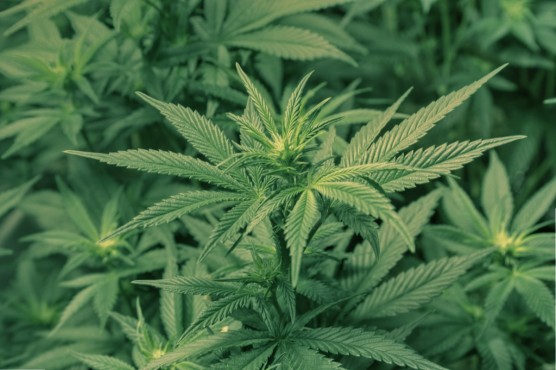The University of Victoria’s Student Society will host a panel discussion on marijuana legalization on Feb. 4 at 7 p.m. in the Farquhar Auditorium. The discussion will be led by audience-submitted questions, and explore issues associated with Canada’s public health, legislation, and enforcement.
The panel will be moderated by CTV anchor Joe Perkins, and will include Marc Emery, Geri Bemister, Jim O’Rourke, and John Anderson.
Panelist Marc Emery, an international advocate for policy reform, has been a first-hand witness for the legal repercussions of marijuana. “There’s a certain kind of price I paid to hold the views I do, it comes with a bit more credibility with what otherwise might be found,” he said. In July 2014, Emery was released after four years from a five-year sentence in the United States after pleading guilty for the conspiracy to manufacture marijuana.
As the years of activism went by, Emery became more open to working with those with different points of view and ideologies on cannabis. “When I was young and a radical type, I was more exclusionary — purity was more important in some ways, than willingness to organize with those who have otherwise differing views,” he said.
Emery believes prohibition should have been an issue dealt with “generations, decades ago, that’s still lingering around.” Two million Canadians have been arrested for marijuana-related offences in the last 45 years, he said. These criminal records often include university students, preventing future travel to the United States and other countries. “There’s a lot of impact on future career mobility,” he said.
While Emery believes marijuana will be fully legal by 2020, North Island Criminology instructor Geri Bemister advocates against legalization. Her career has lead to many first-hand experiences with cases on addiction, and she has maintained an addictions consulting firm for the last four years.
“Typically, what we find is a correlation between drug use and traumatic experiences as a coping strategy, which is psychologically not a huge leap,” she said. “There’s data readily available.”
Having consulted on thousands of addiction cases, Bemister said 80 per cent of individuals who enter a rehabilitation center for alcohol and drug treatment have identified using marijuana as their initial substance.
“Not everybody who smokes marijuana will stick a needle in their arm — but those who have a predisposition, or sensitivity, or have some other kind of risk factor in their life, marijuana could be very problematic. And we have no way for knowing who those individuals are.”
When it comes to the laws currently in place, Bemister believes them to be “archaic,” and in need of reform. She agrees with data presented on medical marijuana — the ability to alleviate symptoms for serious conditions and illnesses. “That being said, I don’t agree with legalization,” she said.
Her main concerns lay within the theory of neuroplasticity for the majority of cannabis users, who are between the ages of 17 and 24. “Before, we used to think the brain finished development in the teen years, and now they’re finding that’s not true – through this theory of neuroplasticity, the brain is still developing until the ages of 26,” she said.
PET scans of brains exposed to government-regulated medical THC (the main ingredient in marijuana) show impact to areas critical to what is considered normal development, she said. These areas govern motor skills, response, social skills, and more.
“There’s not enough science for me to agree to the irreversible component — however, when we’re talking about the development of the brain [for that large of a demographic], I think it’s a large concern,” she said. “To me, the argument stops there.”
What do you think about marijuana legalization? Join the discussion on Feb. 4 at the Farquhar Auditorium. The first 100 tickets sold at the UVSS Info Booth are $5 for UVic students, the next 100 tickets for $10. Additional tickets will be sold at $20 for students and $25 for non-students.
More information can be found on the Facebook event page.








